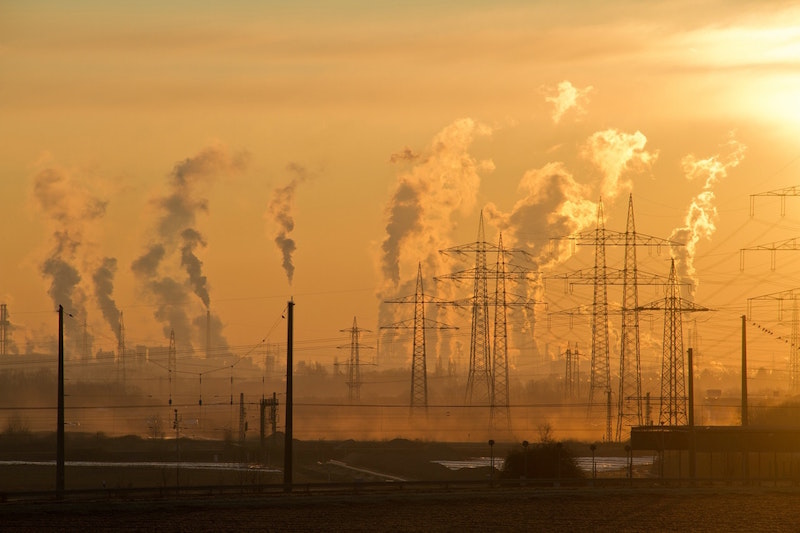
10 May 2019
Yesterday in New York at General Electric’s (GE) annual general meeting, (AGM) shareholders called out their CEO, H. Lawrence Culp Jr., for GE’s role in constructing new coal-fired power stations around the world, jeopardizing its own future viability as an energy company and that of our collective climate.
GE is expected to build a 1,200MW coal power plant in Vietnam, Vung Ang 2, and a 1,320MW coal power plant in Indonesia, Tanjung Jati A, in addition to several other power plants around the world. And the list just keeps expanding. Just last week, GE was selected as the contractor to build a 500MW coal power plant in Kosovo.
The International Energy Agency, a global energy authority, has stated that if we want to keep the world under 2 degrees Celsius of warming, we have no room to build anything that emits CO2, including new coal power plants. To limit warming to 1.5 degrees and avoid the worst impacts of climate change, the burning of coal for electricity must decline to close to 0 percent by 2050 according to the Intergovernmental Panel on Climate Change.
While GE lists climate as a priority, there’s no evidence of this from its support for coal power. These power stations are putting our safe climate future at risk.
Choosing to support coal over renewables
GE has a significant stake in renewable energy and would be uniquely placed to take advantage of a transition away from fossil fuels. “Given that we are trying to build a strong renewable energy arm to our business, why is our company supporting this antiquated technology in these countries with huge renewables potential?” asked a representative of the Sisters of St. Dominic of Caldwell New Jersey, a GE shareholder.
“Does the Board have any concerns about the impact that building polluting coal power stations that are inconsistent with meeting the goals of the Paris Agreement will have on our reputation?” asked the representative.
The CEO brushed off the questions about the reputational damage and stated it was the choice of those countries on how to electrify. However, polling in Vietnam and Indonesia, two of the countries where GE plans to build coal plants, shows that these countries overwhelmingly want investment in clean energy, not coal. In Indonesia, 65% of those polled preferred renewable energy, while in Vietnam, an overwhelming 89% were in favour of renewables. If GE was actually supporting the “choice” of the citizens of this country, it would not be supporting coal.
Transparency and community consultation
The Board was also questioned about the Vung Ang 2 project in Vietnam, which has suffered from a lack of disclosure to affected communities, who lack information about how this plant could affect their lives. It has also not been demonstrated that these communities were consulted about the project.
The plant has recently undergone significant changes in technology, but it is unclear if a new environmental and social impact assessment will be completed in accordance with international best practice. The CEO did not have knowledge of this issue but indicated that GE would “certainly follow up.”
